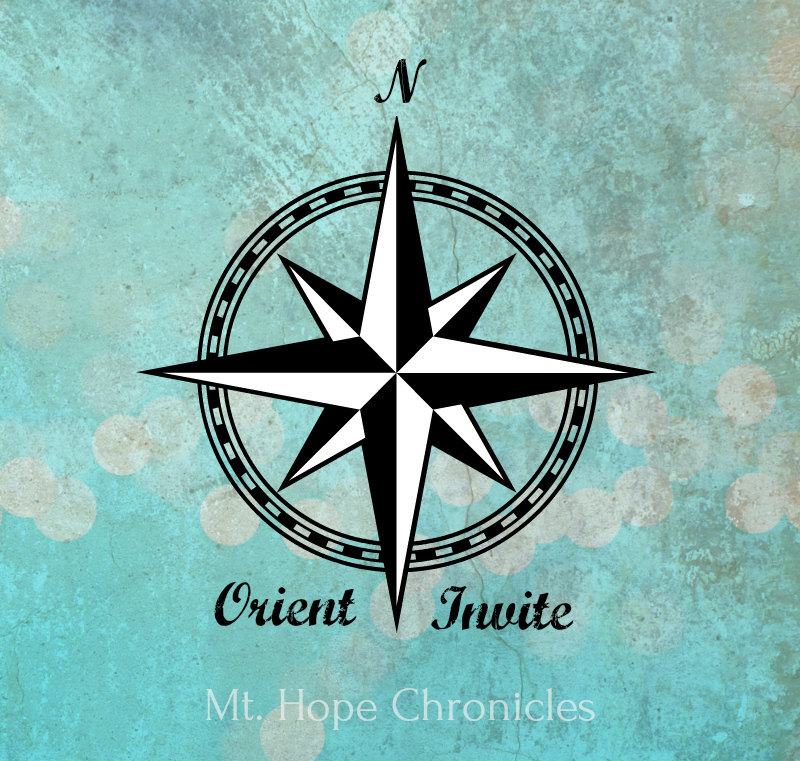I was asked to lead a local Classical Conversations Essentials Academic Orientation this past month. I have spent three years in Essentials class as a parent and another three years as a tutor (and parent), but this was my first opportunity to lead Tutor Orientation at a CC Practicum.
As I was preparing to lead the orientation and then spending time in discussion with the tutors and directors during the orientation, I was reminded (again) why I love Essentials.
It is the class in which students are beginning to play with Cosmos. They are learning FORM.
I’ve written about some of these ideas before, after speaking at the math practicum and then as I was preparing to tutor Essentials the first year, but I re-organized my notes to correspond with the three elements of an Essentials class: math, English grammar, and writing. I’ll be sharing these thoughts in a 4-part series, beginning with this introduction.
“Cosmos” is the thread that ran through the three days of training and connects all three class elements together.
Let’s begin here.
A cosmos is an orderly, harmonious system or “world.” The word derives from the Greek word “kosmos,” meaning “order” or “ornament.” Cosmos is diametrically opposed to the concept of chaos.
While we’re at it, let’s look up the definition of ornament: (Merriam-Webster)
2a. something that lends grace or beauty
3: one whose virtues or graces add luster to a place or society
Order. (Form. Structure. Truth.) Ornament. (Beauty. Harmony. Grace. Virtue.)
Order + Beauty = World
(We’re really starting at the very beginning, here.)
Genesis 1:1-2 In the beginning God created the heavens and the earth. Now the earth was formless and empty, darkness was over the surface of the deep, and the Spirit of God was hovering over the waters.
Formless. And what did God do? Created form: separated light and darkness, waters and sky, land and seas.
Empty. And once the form established, he filled the place with beauty: plants, stars, birds, sea creatures, animals, man.
Genesis 2:1 Thus the heavens and the earth were completed in all their vast array.
(Words matter!)
Array: verb (used with object):
1. to place in proper or desired order
2. to clothe with garments, especially of an ornamental kind; dress up; deck out.
And, as Leigh Bortins says, that’s how you teach everything to everybody. Figure out what the form is, and then you have all the content in the world to make it creative, beautiful.
Sentence forms
Latin ending forms
Math formulas
The structure of story
You can put in whatever content you wish once you know the form. The content is what makes it unique and interesting.
.
In Classical Conversations communities, Essentials students are learning the FORM of three arts.
Math: Learning the Form of Numbers, Operations, Laws
Grammar: Learning the Form of Sentences
Writing: Learning the Form of Paragraphs (Reports, Stories, Essays, and Critiques)
.
Orient and Invite
As tutor trainers, tutors, parents, and fellow students, we have the opporunity to “orient and invite.”
Orient Our Tutors, Parents, and Students to Essentials and the Arts of Math, Grammar, and Writing
Review Past Concepts
Introduce New Grammar
Invite Our Tutors, Parents, and Students to the Conversation
Begin Dialectic Discussion in Class
Point to Available Resources
Continue Grammar and Dialectic Discussion at Home
.
May I invite you along on my learning journey?
.
“The reason you study math, science and art is so that your imagination will be filled with wonder and awe at the Creator of the most mind blowing project ever: the world. And whether you are learning to read music or playing an instrument, whether your hand is holding a pencil or gesturing in the theater, you are training yourself for the warfare of worship. You are teaching your body gratitude; you are teaching your soul thanksgiving. There is hardly an adequate evaluation of your progress, but the best grade you can receive is the outworking of a thankful heart. If you have truly learned Algebra, if you have mastered the story of Western Civilization, if you can tell me the names of the constellations that whirl about our heads, then you will do it with laughter in your voice, you will do it with joy in your heart and gratitude in your bones. Worship is the point of learning because worship is the point of life.” Toby Sumpter, in response to the questions ‘Why are you in school? Why are you reading this page? Why are you reading Mein Kampf?’ This is an excerpt from Veritas Press’s Omnibus III Textbook.



No comments:
Post a Comment